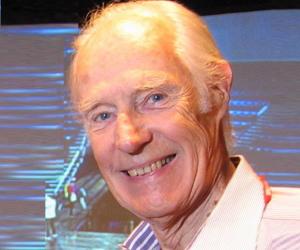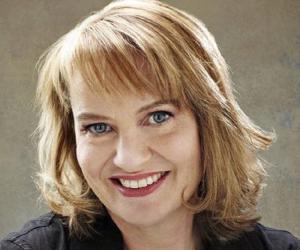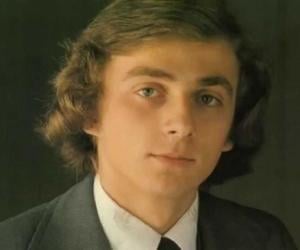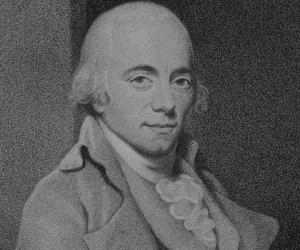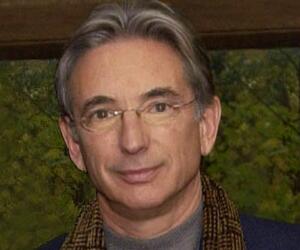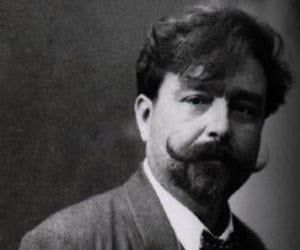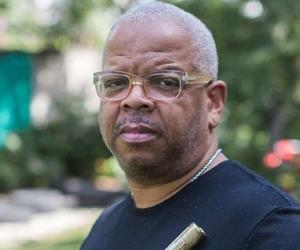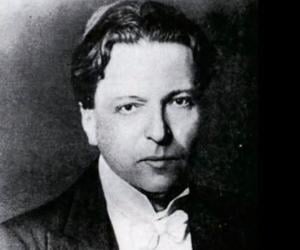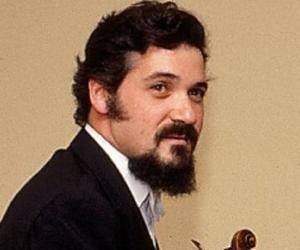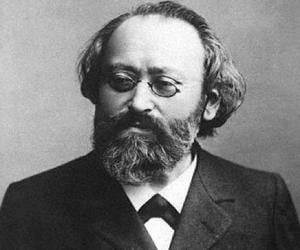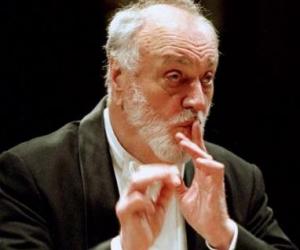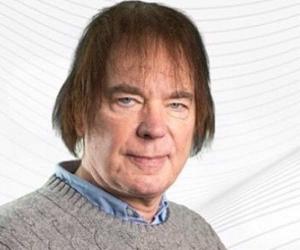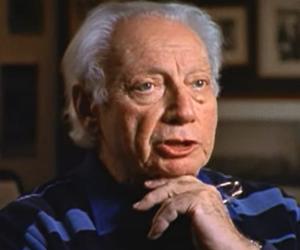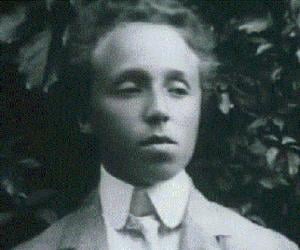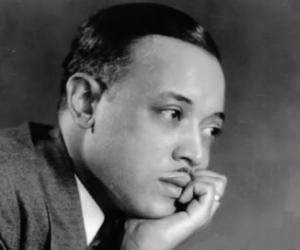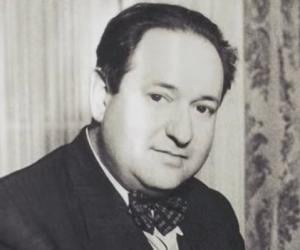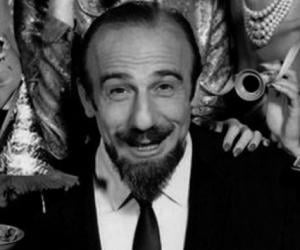Quick Facts
British Celebrities Born In January
Also Known As: Sir George Henry Martin
Died At Age: 90
Composers Conductors
Height: 6'2" (188 cm), 6'2" Males
Died on: March 8, 2016
place of death: Coleshill, England
City: London, England
Notable Alumni: Guildhall School Of Music And Drama
More Facts
education: Guildhall School Of Music And Drama
Childhood & Early Life
George Martin was born into a working class family in Drayton Park in England. When he was six, he received a piano from his parents, which kindled his interest in music.
Two years later, he forced his parents to let him attend piano lessons. However, he could complete only eight lessons due to disagreements between his mother and teacher. Following that episode, he was largely self-taught.
He attended various schools such, as St Joseph’s elementary in Highgate, St Ignatius College in Stamford Hill and Bromley Grammar School.
Career
When the World War II broke out, he worked as a quality surveyor and a clerk in the war office before joining the Fleet Air Arm of the Royal Navy in 1943.
In 1947, after the war, along with Dick James and Brian Epstein Martin, he enrolled at the Guildhall School of Music and Drama, using the grant he received after the war. He graduated from the school in 1950
In 1950, after graduation, he worked at the BBC’s classical music department and joined EMI as an assistant to Parlophone boos Oscar Preuss.
In 1955, when Preuss retired, Martin took over as the head of Parlophone. He attained great success with artists, such as, Rolf Harris, Flanders, Swann, Peter Cook, Dudley Moore, Alan Bennett and Jonathan Miller.
In 1962, under the pseudonym, Ray Cathode, he released an electronic dance single known as ‘Time Beat’, which was recorded at the BBC Radiophonic Workshop.
He signed a contract with ‘The Beatles’ on June 6, 1962. Though his first collaboration was not a big hit, their second collaboration with the single, ‘Please Please Me’, created a huge impact, helping him rise to instant stardom.
Throughout his career with ‘The Beatles’, he continued to collaborate with other artists including Shirley Bassey, Bernard Cribbins, Flanders and Swann, and later, America and Seatrain.
In 2001, he released ‘Produced by George Martin: 50 Years In Recording’, a six-CD retrospective of his entire studio career.
He quit working with ‘The Beatles’, when he suffered a hearing loss and was soon succeeded by writer/producer, Jeff Lynne of ELO fame.
Martin announced his retirement mainly because of his hearing loss and age, but remained active in the music industry and was usually seen at various public events.
Major Works
Rubber Soul’, an album which he produced, was released on December 3, 1965. This folk album received great critical acclaim and commercial success and was cited as one of the greatest albums in music history and ranked #5 on Rolling Stone magazine’s list of the “500 Greatest Albums of All Time”.
Awards & Achievements
He was nominated for the Academy Award in 1964 in the category, ‘Scoring of Music’ for the film, ‘A Hard Day’s Night’.
He was awarded a Grammy Award in 1967, in the category ‘Best Contemporary Album’ for the album, ‘Sgt. Pepper’s Lonely Hearts Club Band’.
He was the winner of the British Phonographic Industry Award for Outstanding Contribution in 1984.
He was bestowed an honorary Knight Bachelor of the Order of the British Empire, in 1996, for his outstanding services to music.
He was inducted into ‘UK Music Hall of Fame on 14 November 2006.
Personal Life & Legacy
He married Sheena Chisholm on January 3, 1948, with whom he had two children, Alexis and Gregory. The couple divorced later.
On June 24, 1966, he married Judy Lockhart-Smith, with whom he had two children, Lucy and Giles.
George Martin died in his sleep on March 8, 2016 at his home in Wiltshire, England. He was 90.
Facts About George Martin
George Martin was an accomplished pianist and oboist before transitioning to a career in music production.
He was known for his love of experimenting with unconventional sounds and techniques in the recording studio, which contributed to the unique sound of many Beatles songs.
He was an avid fan of technology and was one of the first producers to fully embrace and utilize the capabilities of the recording studio as an instrument in itself.
See more:


